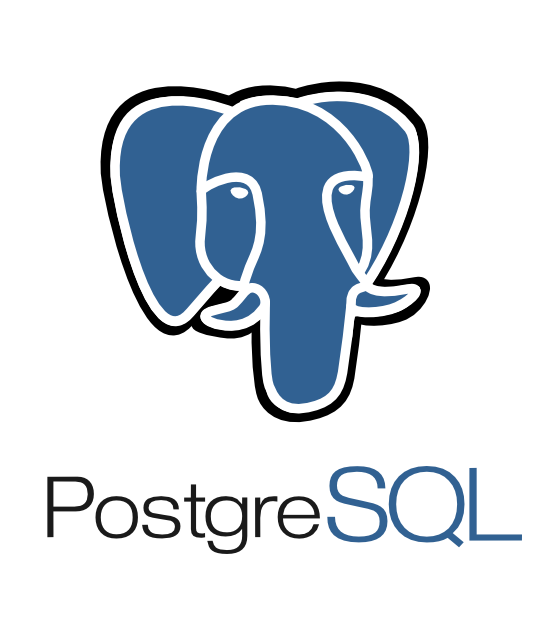
This is just a quick one to say that I’ve spun out the Postgres database support out of Known core and into a community supported plugin.
The reason for this is basically that I want to put in some significant data model changes into Known core in the next few months, and due to my other commitments (and lack of Postgres expertise), I don’t have the resources to maintain this myself.
Anyone who’s interested in picking up Postgres support, please reach out in the comments or by email. I’ll also do my best to keep things up to date, but I’m unfortunately spread pretty thin these days!
